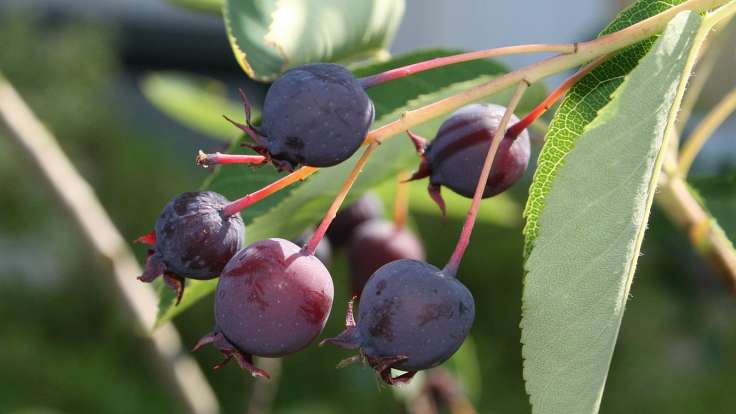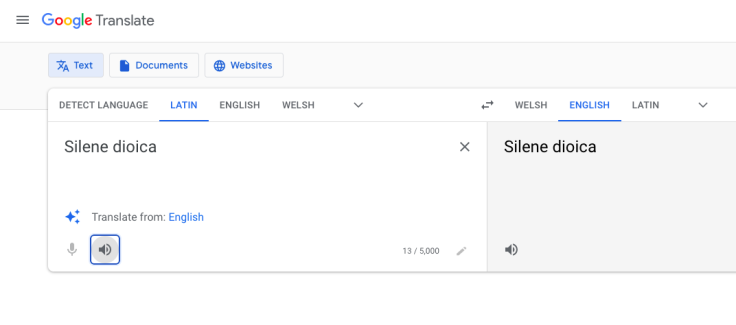
Amelanchier — “ch” or ”k” sound?
The binomial naming of plants is quite beautiful & useful but I have always wondered, how do you pronounce Latin?
Linden Hawthorne is a hero of mine, she regularly posts Twitter threads detailing the inverterbrates and their relationship with specific native plants. She’s written a paper about the beauty and utility of Natural Latin, and has said:
I think of binomials as a two-word story
Her use of the Database of Insects and their Food and Wikimedia Commons to weave such insightful and inspirational threads is delightful.
When I first started out on my forest garden journey, I quickly settled in to using the Latin names, as they are so much precise, universal and descriptive. Using the example of Red Campion (Silene dioica), they’re pre-eminent in Plants For A Future, Wikipedia and the Plant Atlas of British & Irish Flora.
However, having learnt basic Welsh with a ‘natural language’ method, I find that it really helps me remembery by saying the words out loud.
I had heard that there is no correct way to pronounce Latin, as there are no living speakers. However, surely if it’s so closely related to the Romance languages, then there must be some sense of how you would speak it. And then I find Google Translate. They may be an evil data-scraping corporation but it is a handy tool.

Click the speaker symbol to hear the Latin pronunciation!
It does sound incredibly Italian to my ears but at last I’m prepared to try my hand in public at Silene dioica, Gallium aparine, even Crataegus monogyna!
Obviously, I could be wrong and Google Translate might well be a travesty, would be great to get some feedback from people who know what they’re talking about 😆
Photo by Patrick Buergler on Wikimedia